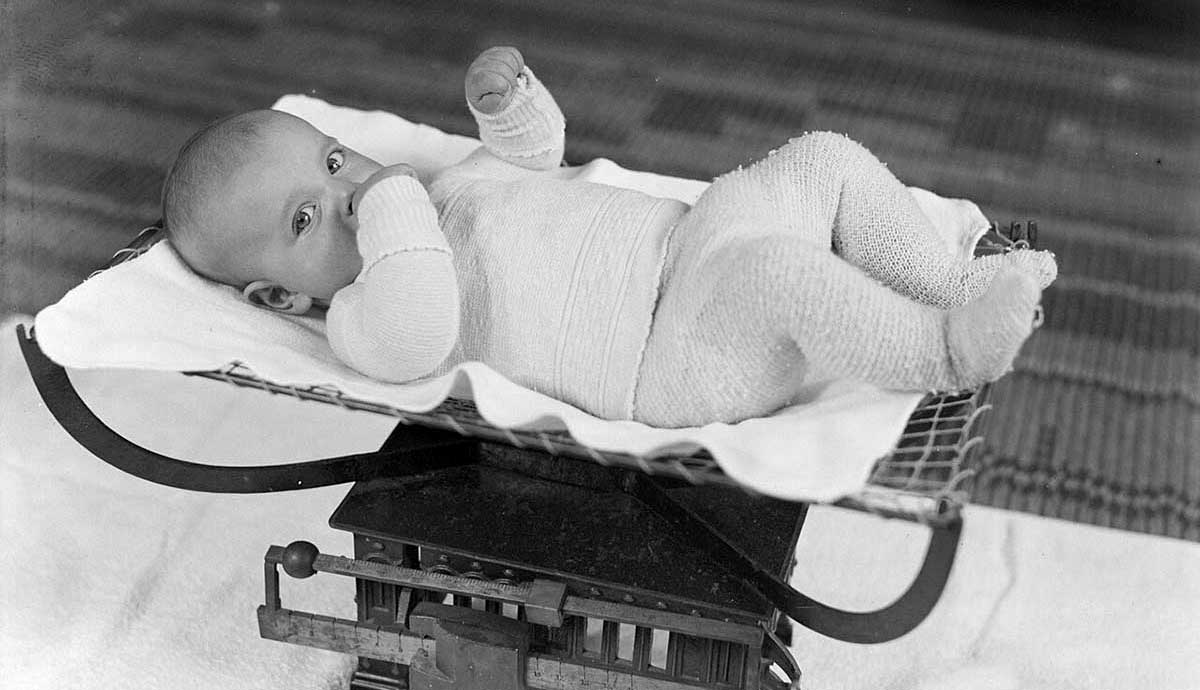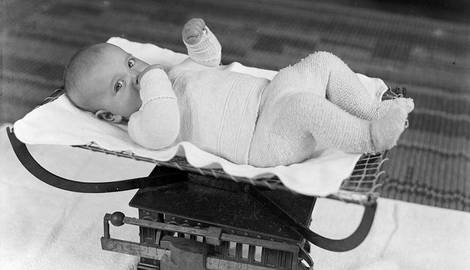
Consent plays an essential role in many accounts of rights and duties. The ability to freely grant permission to use one’s property, which includes one’s body and self, helps explain important moral distinctions like that between coercion and persuasion. The absence of consent can likewise help explain why someone has been wronged. But no one can consent to his own birth. This raises a puzzle: can anti-natalists cite the absence of consent in an analysis of why procreation is wrong? Let’s unpack.
Existence Always Involves Harm

Some lives involve more harm than others. Some of these harms are self-inflicted, like when a freely-made choice brings bad consequences. Others are beyond the reach of choice, like when one is predisposed to a serious illness or suffers a fluke accident. But regardless of its source or cause, it’s impossible to exist without experiencing (and causing) some degree of harm. Harm is constitutive of human existence, part of what it is to be a human being.
This raises questions about the ethics of procreation. For although many find it obvious that we should not inflict unnecessary harm, they would likely also find it obvious that procreation is an ethical, even salutary choice. These positions are in tension. But pro-natalists might try to alleviate it by claiming that since the harms of existence are unavoidable, nothing is wrong with procreating if parents aim to minimize the amount of unnecessary suffering their child experiences, as surely most do. But this just pushes back the key question: though suffering is constitutive of existence, the choice to procreate is not, so if we should avoid causing unnecessary suffering, should we not also avoid procreating?
Consent Can Permit Harm

Unsurprisingly, matters are not so straightforward. Harms can be weighed against pleasures. So a pro-natalist might reply that although harm is constitutive of existence, pleasure arguably is as well, and since many would attest that on balance their lives involve more pleasure than pain, there is no ethical problem of procreation after all.
Anti-natalists might take a different tack. Focusing on consent instead of weighing pleasures and pains, they can note that consent can permit something that is otherwise not permitted. For example, taking someone’s property without consent is stealing; with consent it is borrowing. Harming someone without consent is abuse; with consent it may be a necessary means to an end, an unfortunate but unavoidable fact of life. So one way procreation would not be ethically problematic is if those brought into existence consent to this choice, and one way it would be problematic is if they did not.
For only in the former case are the harms of existence justified by the harmed subject’s consent. Regardless of whether most people’s lives involve more pleasure than pain, therefore, the real issue is whether someone consents to whatever pleasures and, especially, pains they experience.
Consenting to Existence Is Impossible

But this is a false start. For being brought into existence transcends the limits of consent: no one can consent to this because he does not yet exist. This leaves anti-natalists with a choice. They can argue without appealing to consent that procreation is morally wrong, or they can argue that the absence of consent is necessary but not sufficient to explain why procreation is morally wrong, that something else must be added to the story.
However, there is a pro-natal response to the idea that the absence of consent is a problem. You are rescuing from a car wreck someone who is incapacitated and cannot consent to your assistance. During the rescue you break his leg. When the victim regains consciousness he’s (let’s assume) happier to be alive than he is sad about his broken leg. Pro-natalists liken this to procreation: though a child is harmed by being brought into existence and could not consent to this harm, this absence of consent is outweighed by the greater benefit of being alive. So consent isn’t necessary to justify an action that causes harm. ‘Hypothetical’ consent is enough—what the car wreck victim would have consented to were he not incapacitated.
The Ethics of Procreation Must Look Beyond Consent

Anti-natalists might think this gets things the wrong way around. The car wreck victim’s broken leg is the cost of avoiding a greater harm: death. So not getting his consent might be justified by this trade-off. But exposing someone through procreation to the harms of the existence does not avoid any greater harm, for the alternative is that this person would not exist: had his parents decided not to conceive him, no outcome would result that would be worse for ‘him.’ So being conceived does not avoid some greater harm, and therefore hypothetical consent cannot justify procreation.
We therefore find ourselves in a tangle. On one hand, anti-natalists rightly maintain that consenting to one’s own existence is impossible, and therefore that requiring consent to justify procreation is confused. On the other hand, anti-natalists owe an account of the wrongs of procreation that does not presuppose, implicitly or otherwise, that because a child did not consent to his own existence he is wronged.







